Student Projects
In our Living Lab we want to engage UCPH students – both by using data from Nordhavn, field trips to Nordhavn and with cross-disciplinary teaching at courses. Further, we offer funding for student projects.
Funding for cross-disciplinary student projects
Our UCPH Green Solutions Centre Living Lab, focused on Urban Green Transition, offers funding for cross-disciplinary student projects and welcomes all ECTS projects and reports relevant to a green transition of the urban environment. Projects must be in collaboration with an external partner (private or public company, NGO or citizens group), and projects related to Nordhavn will be prioritised. Funding can be used for materials, analyses, rental of equipment, consumer-oriented tasks and travels if needed for the project. As a general rule, funding cannot be used for salaries.
Student projects can be based on the student's own ideas or challenges from external partners.
Find more information here.
Find the application application form here.
Student grants
Read more about our funded student projects here:
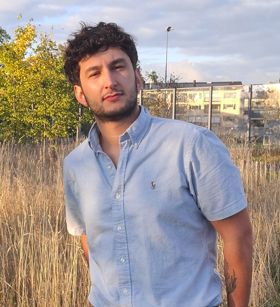 Student: Paolo Riente
Student: Paolo Riente
Main supervisor(s): Natalie Gulsrud, Associate Professor, Department of Geosciences and Natural Resource Management, Faculty of SCIENCE
Project period: September 2025 – December 2025
External partner: ARUP
Project description:
Vehicle emissions of air pollutants is a well known risk in urban areas, especially near high-traffic roads, intersections or highways. The intersection between Emdrupvej and Nordhavnsvej is used as a case study to investigate the possibility of coupling monitoring of air-particulate matter and urban gardening.
Monitoring air pollution using conventional methods can require a large number of resources, both economically and in terms of experienced personal. The use of seasonal and edible plants can be a solution that implements multifunctionality: air-pollution monitoring and urban gardening.
Five planter boxes have been planted at several locations along a gradient, starting from one side of Lyngbyvejen and moving across the highway up Emdrupvej, in collaboration with ARUP. The goal of placing these boxes is to study how prevalent air pollution is at different points and how far away from the primary source pollution may linger. Each box house 5 individual kale replicants, with the space to plant other plants if desired. After 45 days of the mature plants living at each test site, samples will be sent back to a laboratory at University of Copenhagen, where unwashed samples will be analyzed and tested for particulate matter commonly caused by air pollution. The elevated surface area of kale leaves act as a net for airborne pollutants, especially particulate matter like heavy metals.
The overall aim of this project is not only to research the air pollution of the area, but also trying to understand whether kale could be a possible alternative for monitoring air pollution in urban context. Beside each box there were placed educational information that could help locals learn more about the methods being used, as well as what can be done in the future to further monitor and improve air quality.
Other reflections will be made about the feasibility of having coupled urban gardening and monitoring, with a particular focus on how nature-based solutions can be implemented in a city context and which struggle these projects face.
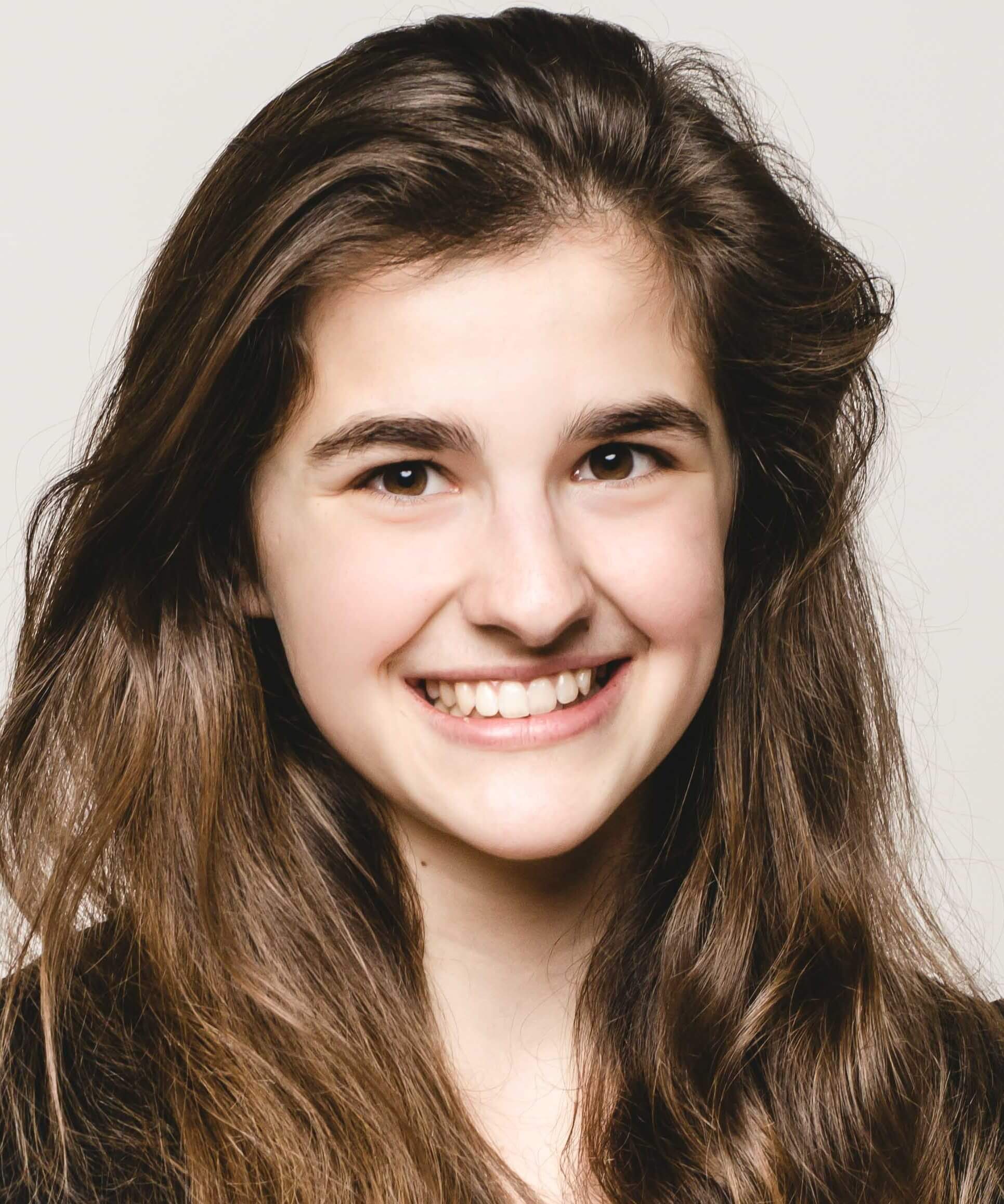 Student: Csilla Duray, MSc student in Social Data Science
Student: Csilla Duray, MSc student in Social Data Science
Main supervisors: Kristoffer Albris, Assistant Professor at the Department of Anthropology and Clara J. E. Vandeweerdt, Assistant Professor at the Department of Political Science and the Center for Social Data Science
Project period: November 01st, 2023, to December 31st, 2023
External partner: Gehl Architects
Project article: A City for Students
Description: The 40-year development plan of Nordhavn, Copenhagen is not only the largest currentlyoperating urban development project in Europe but also puts a huge emphasis on resilience and sustainability [COBE Architects, 2023]. Developing a 15-Minute-City can promote the latter [Allam et al., 2022]. Hence the question: What do students like having within 15 minutes walking distance from their homes?
Using the Eye Level City app set up by Gehl [Madsen et al., 2023], I aim to study how students experience their close neighbourhood, in an attempt to inform urban planning policymakers using social data science methods. Through my qualitative data collection approach, I will be collecting digital data such as images, texts and geolocation. Myself being a Social Data Science MSc student, I am regularly discussing my research question and data collection design with both my supervisors from KU SCIENCE (crossfaculty collaboration) and Gehl Architects (external partner).
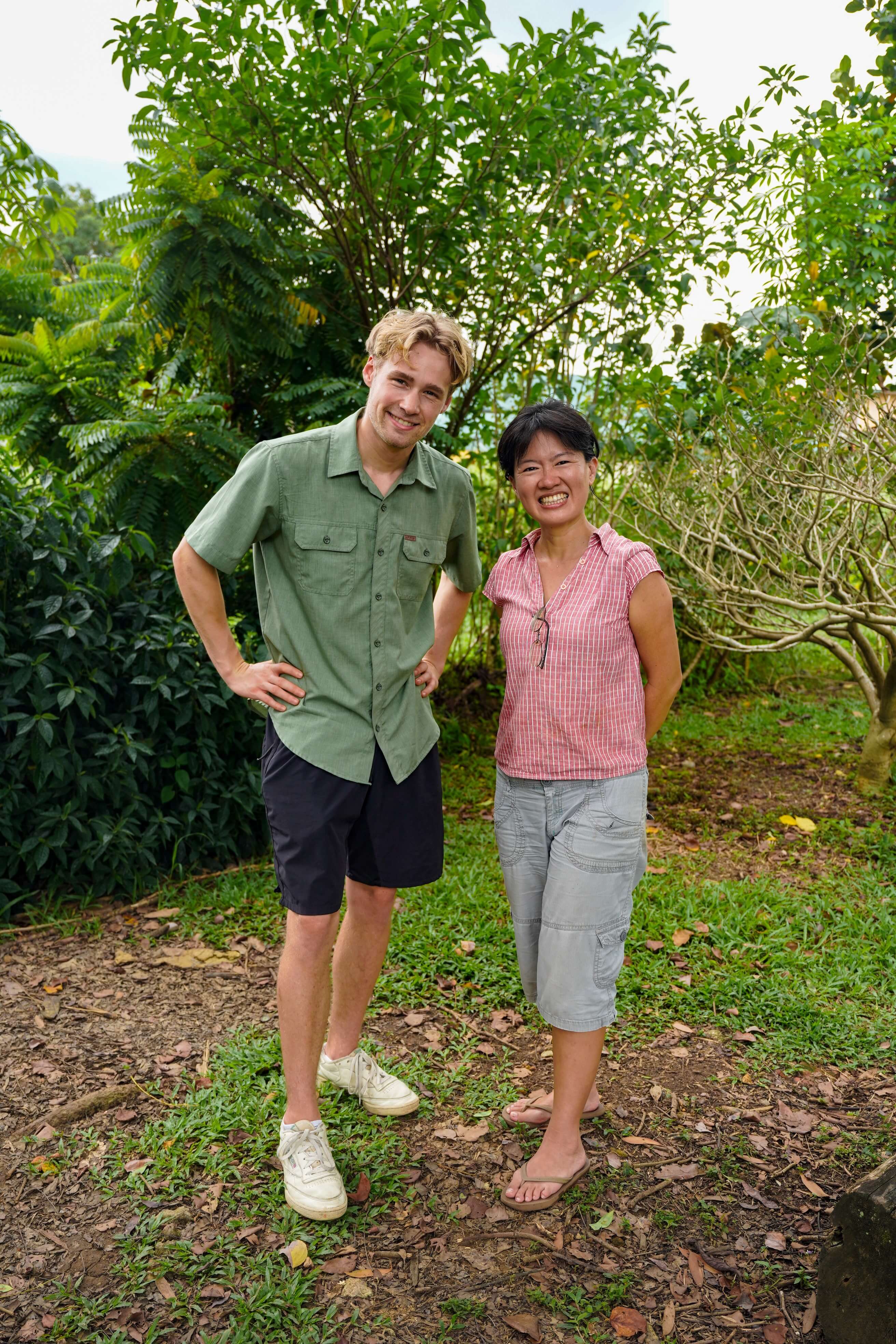
Student: Kai Thiry
Main supervisor: Natalie Gulsrud
Project period: 31st of January - 31st of May
Project article: Integrating UGI in Dense Urban Areas - A comparative analysis of Nordhavn in Copenhagen and Punggol in Singapore
Description: This research investigates the relationship between urban nature and human well-being in Nordhavn, Copenhagen, and Punggol, Singapore, within a One Health framework. To conduct a comprehensive comparative analysis, I plan to perform on-site data collection in Singapore for approximately two weeks starting mid-February.
Singapore provides a compelling comparison to Nordhavn, sharing common urban development goals and challenges, including addressing climate change impacts, urban densification, and limited space. Singapore plans to plant 1 million trees by 2030, a vision that contrasts with Copenhagen's current status as having one of the lowest tree canopy covers in Europe. The incorporation of more trees, natural areas and biodiversity in urban design could offer valuable lessons for Copenhagen and thus Nordhavn. Both cities are actively working to improve the quantity and quality of urban nature, recognizing its connection to the quality of life, health, and general well-being. Punggol, similar to Nordhavn, is situated outside the city center, facing housing pressure, engaging in sustainable building projects, and incorporating both blue and green infrastructures in their design. Learning from Punggol's community-engaged park formation and community gardens, Nordhavn stands to gain valuable insights for the future development of Nordhavnstippen and its Nature Park.
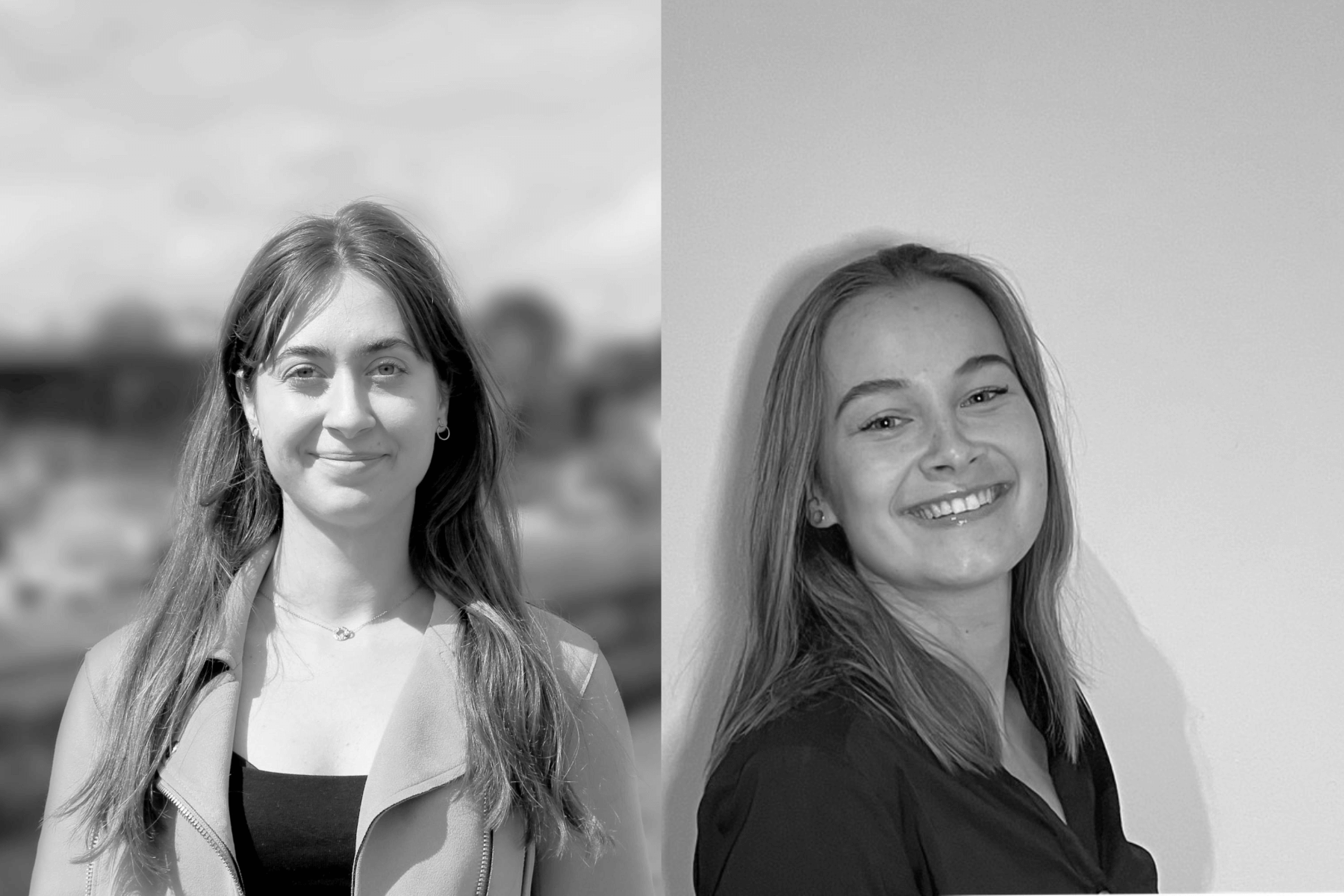 Students: Andrea Supova and Theresa Trüper
Students: Andrea Supova and Theresa Trüper
Main supervisors: Natalie Gulsrud and Julia Tabet
Project period: 31st January - 31st May
External partner: Gehl Architects
Description: At the core of our master thesis is the commitment to connect humans, wildlife, and plants through innovative urban design proposal. Teaming up with Gehl Architects, we are employing the Eye Level City Tool app providing public involvement in the project, adding a social aspect to our project.
Our vision is to transform the heart of Nordhavn, Orientkaj Plaza, currently a transient zone for commuters and seasonal visitors, into a thriving hub for all inhabitants and at the same investigate public perception about the place and its intersection with our professional perspectives. To achieve this, we are utilising the Eye Level City Tool App in the form of a tailored questionnaire to gather perspectives from a diverse focus group focusing on perception of the space, greenery, and connections of the Orientkaj and its surroundings. Based on this analysis, we will co-create a design proposal for a greener Orientkaj with Gehl. This will be the outcome of our thesis which we hope to do in synergy with the Urban Solutions to the Green Transition Living Lab in Nordhavn.
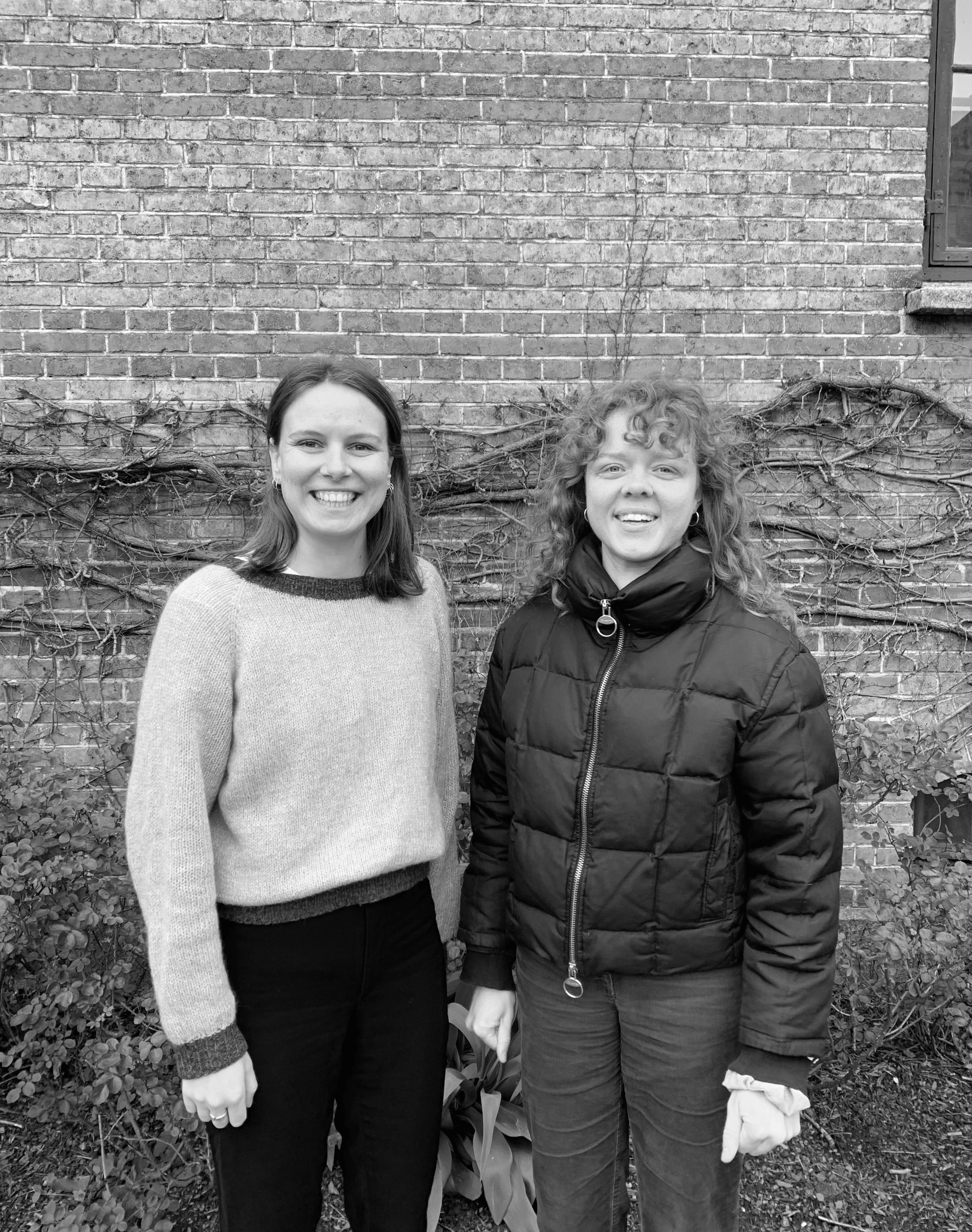 Students: Emilie Pihlkjær Nitschke and Emma Søe Naldal
Students: Emilie Pihlkjær Nitschke and Emma Søe Naldal
Main supervisor: Michele Betsill
Project period: January 2024 - May 2024
Article: Energy Communities as Agents of Energy Justice
Description: We are studying renewable energy communities (RECs) in Denmark through our research question: Does RECs in Denmark reflect a just green transition? RECs are local initiatives, where citizens decide to produce and share renewable energy. They can be placed in a small town on the outskirts or in a bigger city - there is an REC in Nordhavn 1 as well. Other RECs are located in e.g. Avedøre, Tversted, Hjørring, Brabrand, Skanderborg, Nørre Snede, Borris, Haastrup, Skårup, Ærø, Aarhus, and Sydstevns, and many of them are still very early in the establishment process. The RECs can be seen as a way to levitate the attractiveness and potential of the green transition in the rural areas, where many small communities today are experiencing a decline in inhabitants. In both rural and urban areas, the energy communities at best can have a range of positive effects, such as contributing to promote sustainability, engaging citizens in the green transition, turning people positive towards renewable energy through co-ownership (moving from Not in my backyard to Yes in my backyard ), creating a sense of community around renewable energy, and reducing emissions. Our approach to RECs is based on the theory of energy justice, where we will investigate how justice is secured in Danish RECs through the dimensions of distributional, procedural, recognition and cosmopolitan justice.
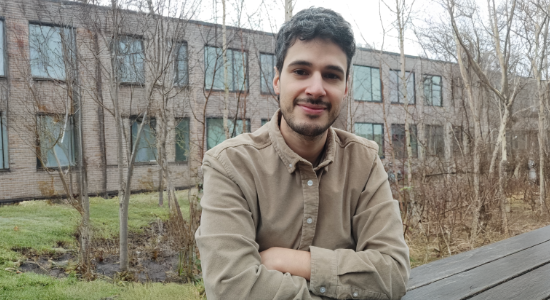 Student: Agustin Andres Müller
Student: Agustin Andres Müller
Main supervisors: Natalie Gulsrud, Associate Professor, Department of Geosciences and Natural Resource Management, Faculty of SCIENCE
Co-supervisor: Mark Vacher, Associate Professor, The Saxo Institute, Faculty of Humanities
Project period: January 2025 – June 2025
External partner: MiljøPunkt Nørrebro
Read the project report here.
Description:
The project aims to investigate the urban experiences of food delivery workers in Copenhagen, with a focus on their interactions with bicycles, bike lanes, and other related urban infrastructures. Digital platforms are reshaping urban logistics, and couriers play a crucial role in this dynamic system. The study aims to address key questions, like what constitutes good bicycle infrastructure and for whom? Or how can space and circulation conflicts be resolved and managed in a just and equitable way?
The outcomes of this research are expected to contribute to a green and just transition by ensuring that green-oriented infrastructure, such as bike lanes and urban facilities, is both functional and inclusive. The project aims to create equitable urban spaces that serve the needs of all city residents.
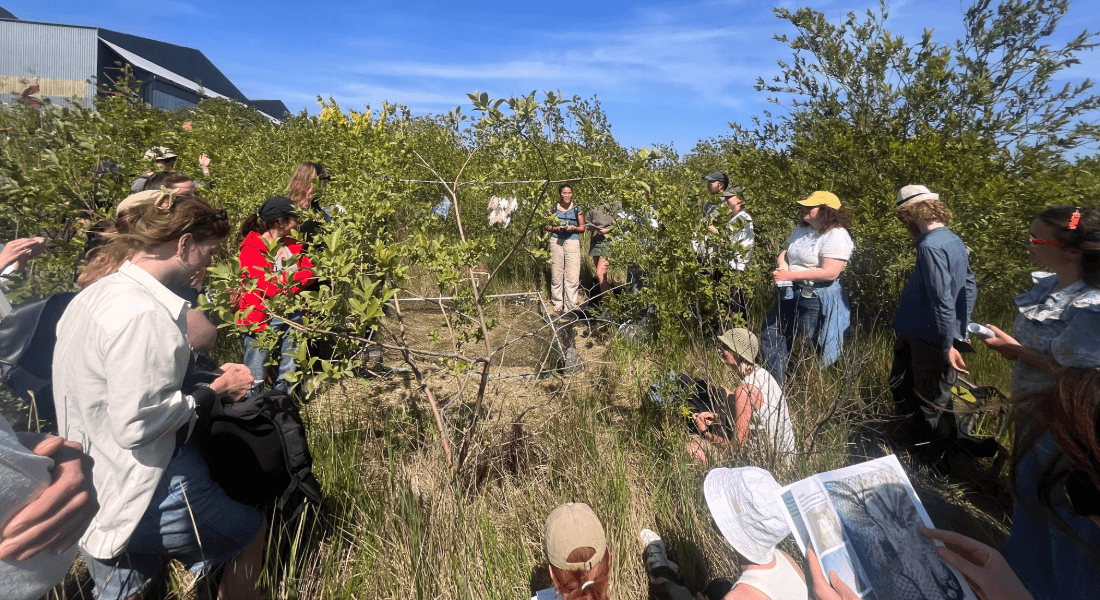
Living Lab Manager
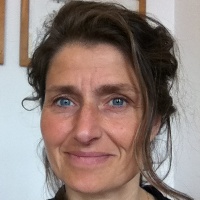 Mette Frimodt-Møller is Living Lab Manager, and you can contact her here.
Mette Frimodt-Møller is Living Lab Manager, and you can contact her here.
